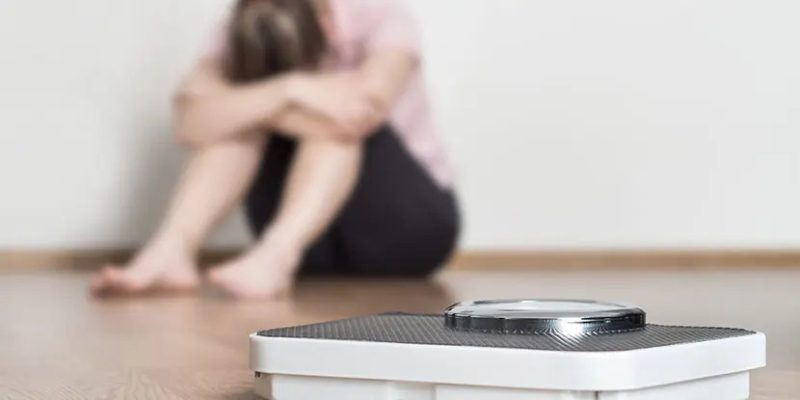Eating Disorders May Raise Risk of Diabetic Retinopathy
By Reena Mukamal for the American Academy of Ophthalmology on Jun. 15, 2022
Getting regular eye exams and telling your doctor about eating disorders may help save your vision.
A new study finds that people with diabetes who also have anorexia or bulimia are three times more likely than others to develop an eye condition called diabetic retinopathy.
Diabetic retinopathy develops when high blood sugar levels damage blood vessels in the retina,
the light-sensing layer of tissue in the back of the eye. These blood
vessels can swell, leak or close, blocking blood flow. Sometimes,
abnormal blood vessels grow on the retina. Any of these changes can
cause vision loss and ultimately lead to blindness.
The findings highlight the importance of regular ophthalmologist
visits for patients with diabetes and a history of eating disorders.
People with these conditions may need more frequent eye exams.
How anorexia, bulimia and diabetes damage the eyes
Eating disorders may affect up to 1 in 5 people with diabetes, according to the National Institutes of Health. The new study reveals how the combined conditions affect the eyes.
Researchers
examined information from 1,100 people with diabetes. The study
included patients with anorexia, a condition where people try and keep
their weight as low as possible by reducing food intake. It also
included people with bulimia, who attempt to purge food from the body.
Patients with one or both of these eating disorders had triple the risk
of developing diabetic retinopathy than diabetic patients with no eating
disorder.
It’s not clear how eating disorders might contribute to diabetic retinopathy. It’s possible that eating disorders make it difficult to control blood sugar levels due to inconsistent food intake. It’s also possible that some diabetic patients with eating disorders may deliberately avoid taking insulin as a way to manage their weight.
People with diabetes and eating disorders need frequent eye exams
The National Eating Disorders Association said it saw a 107% increase
in calls to its helpline during the COVID-19 Pandemic, and the CDC
reported that eating disorder-related emergency room visits among teen
girls nearly doubled over this period of time.
It’s important for
ophthalmologists to ask about eating habits, especially in younger
patients with diabetes, says ophthalmologist and Academy member G. Atma
Vemulakonda, MD. That’s in addition to close monitoring for lifestyle
factors such as smoking and health problems such as high blood pressure
and cholesterol.
“Patients who have any history of anorexia and
bulimia may need to come in for exams more regularly. Heightened
awareness is especially important now, when new and recurring eating
disorders are on the rise in both young women and men,” says Dr.
Vemulakonda.
Watch for symptoms of diabetic retinopathy
If you or a family member has diabetes, see an ophthalmologist annually for dilated eye exams. Diabetic retinopathy may be discovered before you even notice any vision problems. In later stages of the disease, symptoms of diabetic retinopathy may include:
- Seeing spots or dark strings floating in your vision
- Blurry vision
- Vision that fluctuates from blurry to clear
- Seeing dark or empty areas in your vision
- Difficulty seeing well at night
- Noticing that colors appear dull or faded

